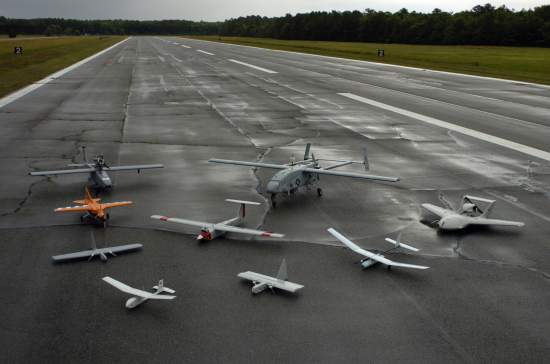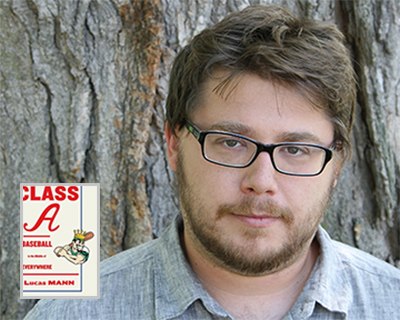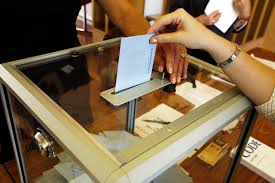Opinion: Ferguson and Massachusetts, What can we learn?

Firstly, I know this is a controversial topic so believe me when I say I am reporting everything here as objectively as possible. In fact, I would not have even considered doing an article on this topic, not because it doesn’t matter, but because until outgoing Governor Deval Patrick spoke on it, there wasn’t much of a connection to Massachusetts. Sure I’ve heard about protests here and there, and yes even on the UMass Dartmouth campus, but I haven’t witnessed them well enough to discuss them in any further detail. All I will be doing here is talking about Governor Patrick’s interview with Meet the Press and what if anything we can learn from this tragic incident where one man died and another’s life has fallen to pieces.
Governor Patrick believes that Darren Wilson should have been indicted and tried for the killing of Michael Brown making the case that it would bring comfort to the community and the family, and certainly I can see his point. Something that needs to be considered though is that a trial over the course of several months may have caused protests on either or both sides to intensify through its duration, and if Wilson had still not been found guilty it may have angered protesters even more and caused even more chaos.
In this case it may have been best to let this proverbial powder keg blow up sooner rather than later when it may have been more dangerous. On the other hand if true justice were to prevail in he end it could have resulted in a mass calming effect, and an easing of tensions across the nation. And if indeed Darren Wilson had committed a crime than he should have undoubtedly been held accountable.
I don’t know what truly happened in Ferguson. In cases like this all we can do is trust that the grand jury, which heard evidence and witnesses on the matter and spent a great deal of time deliberating, made the right decision. I don’t know anything about experiencing prejudice, but I do know that power needs to be checked otherwise it grows like a weed, getting more and more out of control and destroying anything beautiful in its path. Thus I would ask policy makers to equip police with cameras, not as an indictment against police for corruption, but as insurance.
One way or the other if Darren Wilson had been wearing a camera on him we would know exactly what happened and maybe could have avoided this strife. On the other hand there was also recently a case in Staten Island, New York where a man illegally selling cigarettes was strangled in a chokehold used by a police officer. The whole incident was caught on tape and ruled a homicide, but yet the grand jury refused to indict. Was it the white members of the jury and some sort of prejudice, or is there some other reasonable explanation for the reason they ruled as they did?
Again I don’t know, I’m no expert on prejudice or race relations, but these questions must be asked and these decisions must be analyzed because of what they could potentially signify. If we can approach the topic with some sort of reasonable, objective discourse than I’m confident we’ll find and be able to reach a solution that will benefit everyone in the long run.
Another thing I think police departments should consider is minimizing their reliance on army grade weaponry and vehicles. This isn’t some comic book universe where super-villains can strike anywhere at any time and it certainly isn’t the Middle East, and so there is little reason the police need to be equipped like soldiers at all times. I can appreciate being prepared, but how many armored vehicles that resemble mini-tanks do we need?
To this day we as a nation are still attempting to overcome the burdens placed on us by centuries of racism and prejudice, and one day we may very well be able to achieve the dream of complete equality and tolerance for all. Through protest great change can be accomplished, but only if it is peaceful, and so if you do choose to protest please follow the example of those who aren’t resorting to violence. If this is important to you, don’t be disparaged by setbacks, and don’t give up, even though this will probably be forgotten by the news media and most of America once the next crisis comes along.












